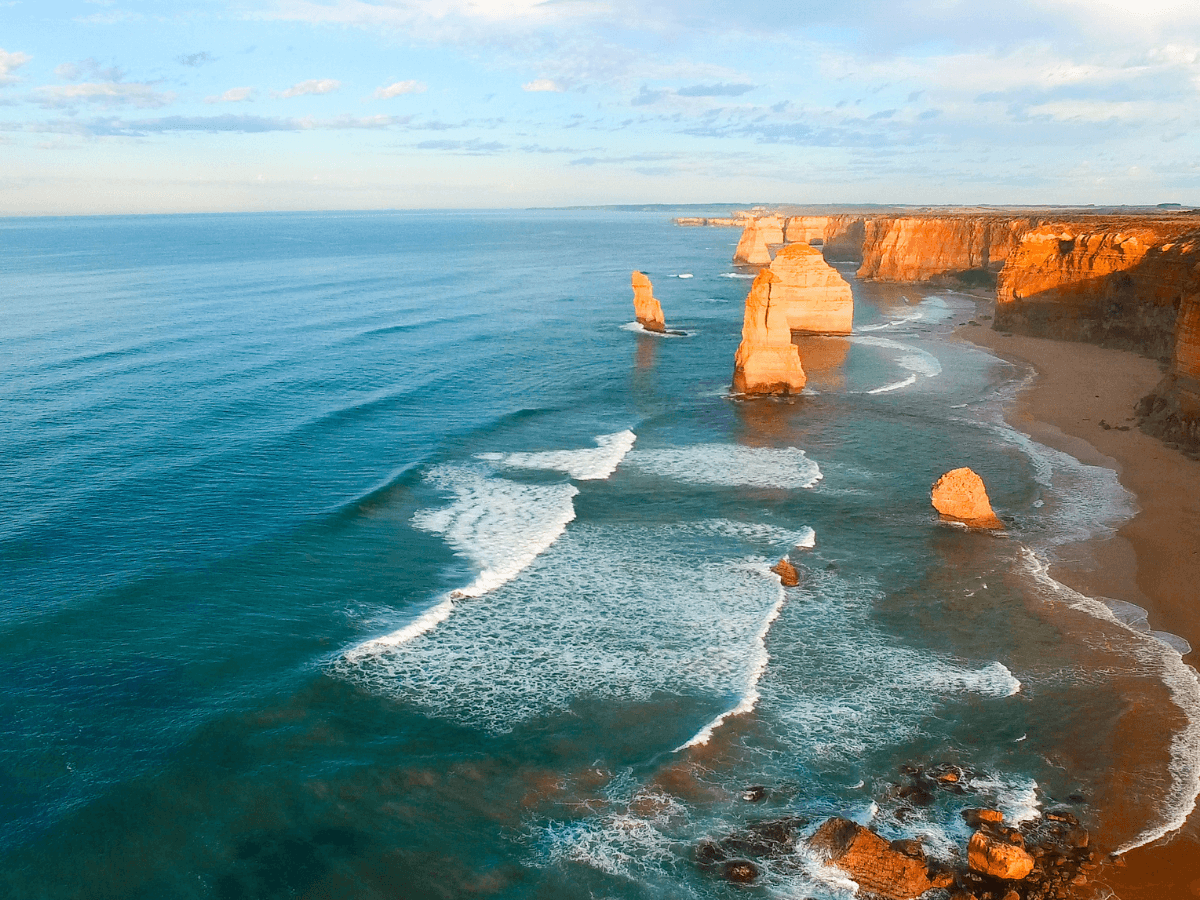Every June, I dedicate my devotional practice to Yemaya, the orisha of the ocean and motherhood. She is the Great Ocean Mother, the mother of all orishas, and the protector of women and children. She governs the sea and the vast liminal spaces where life begins, where it ends, and where it transforms.
Proverbs tell us that Yemaya is the cradle and the grave; we drink her waters at birth and death, and she refreshes our path when they take us to be buried. She is the gentle tide and the tsunami, the lull of amniotic fluid and the rage of storm surge. As the ocean, Yemaya is the embodiment of the threshold.
The sea as the threshold
Oceans have always marked boundaries between lands, between peoples, between life and death. They are places of danger and possibility, mystery and transformation. They hold dreams, memories, and bones.
The sea is not only Yemaya’s home; it is her body, her voice, her reach. In her waters, we surrender control and trust something larger than ourselves. That surrender is its own rite of passage. It is no accident that the orisha most associated with ocean crossing is also the one we turn to in times of personal upheaval, loss, and rebirth.
In Cuba, Yemaya is syncretised with Our Lady of Regla, the patroness of sailors and protector of those at sea. She is not a spirit of safety; she is a spirit of crossing. And she helps us cross borders, oceans, and internal thresholds alike.
Yemaya at birth and death
Yemaya is the ocean and the womb. Her waters are the first we know—the amniotic fluid that holds and cushions us, the quiet pulse of maternal presence. Birth is often spoken of as a beginning, but it is also a passage, a crossing from one realm to another. It is the first threshold.
Yemaya governs fertility, pregnancy, and childbirth. We call to her for protection, for healing, and for nurturing. But she is not only a gentle maternal figure. She can also be fierce in her defence of life and unyielding in her love. Like the ocean itself, she is vast and contradictory.
One of her caminos, Asesú, reflects this paradox. Asesú is a manifestation of Yemaya associated with fluids and decay. She rules stagnant waters, drains, and sewers—those places we turn away from but that are necessary for life to continue. She is connected to the body in decline and the fluids released at the onset of death. Asesú reminds us that birth and death are phases of the same movement. She tends to those suffering from depression, dementia, and trauma, offering comfort or lessons, depending on what is needed.
Just as she is present at our arrival, Yemaya is there at our departure. Her waters receive us again. Grief, like the ocean, comes in waves. It pulls us under, swallows words, and crashes against what we thought was solid. Yemaya carries the weight of these sorrows. She does not banish grief; she holds it, and she teaches us how to float.
I could imagine Yemaya embracing the dying, rocking them like newborns, preparing them for the next great crossing. She may not promise ease, but she promises presence.
The sea between
Much of life happens not in the beginnings or the endings but in the in-between—in the illnesses, the heartbreaks, the lost jobs, the spiritual droughts. In migration. In displacement. In the long, slow changes that shape us.
Yemaya rules these spaces, too. She is not just present at the thresholds but in the long crossings between them. She moves with us through uncertain waters.
For those of us descended from enslaved Africans, Yemaya holds the trauma and legacy of the Middle Passage. She remembers. Her waves have been soaked in blood and hope. Her body bears witness to all that has been lost and all that continues to survive.
In a time of political instability, injustice, and collective grief, many of us feel as though we are in deep water. We are exhausted by cruelty. We are trying to stay afloat in systems that do not want us to survive, let alone thrive. Yemaya sees this. She knows endurance. She knows fatigue. And she knows how to rest, restore, and rise again.
A prayer for deep waters
This month, I found myself returning to Yemaya not just as a devotee but as a daughter treading water. There is so much in the world that feels overwhelming. So many of us are grieving, navigating burnout, or simply holding on. Yemaya reminds me that we are not meant to do it alone.
If you are in a place of crossing—of uncertainty, of grief, of change—I offer this small prayer:
Yemaya, mother of oceans, mother of storms,
Rock us through this tide.
Hold us when we falter,
Guide us when we drift,
And bring us to the shore we cannot yet see.
If you can go to the beach or coast, I encourage you to do so and confide in Yemaya. She will take on all your sorrows. You don’t need eloquence; you need truth and respect. Don’t forget to thank her with an offering of watermelon, pineapple, coconut, honey, molasses, or white flowers.
And if the ocean is far from you, remember: she is not only in the sea. She is in your tears and your blood. Make the offering on a plate at home for seven days and then leave it at the base of a leafy tree or in the mountains, en el monte, where the orishas reside.

